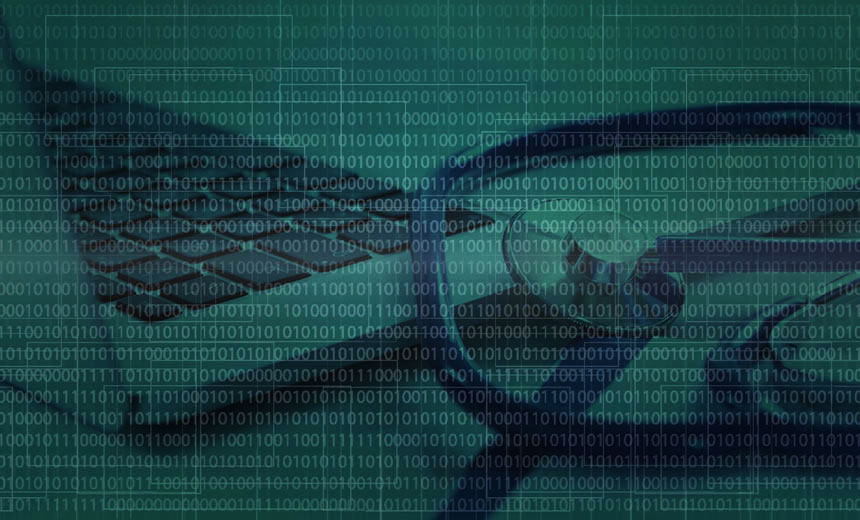A recent wave of cyberattacks has hit healthcare organizations across California, Alabama, and Colorado, leaving more than 1.2 million individuals’ sensitive information compromised. The incidents, which took place in 2024, are part of a concerning trend of cybercriminal activity targeting healthcare providers and their suppliers, impacting a large number of patients.
One of the largest breaches occurred at NorthBay Healthcare in California, where more than 569,000 individuals were affected. The healthcare system detected suspicious activity in its network in February 2024 and subsequently worked with law enforcement and a cybersecurity firm to investigate the breach. The unauthorized access to files on NorthBay’s systems potentially exposed a wealth of personal data, including names, Social Security numbers, financial information, medical records, and more. NorthBay is taking steps to enhance its security measures and has offered affected patients 12 months of complimentary identity and credit monitoring.
In Alabama, River Region Cardiology reported a hacking incident affecting 500,000 people, with ransomware group BianLian claiming to have published a vast amount of the clinic’s data on the dark web. Patient information, internal communications, and databases were among the information allegedly stolen. River Region Cardiology is working with cybersecurity experts to strengthen its systems and is cooperating with authorities to address the breach. So far, there is no evidence of malicious use of the compromised data.
In Colorado, Delta County Memorial Hospital District, operating under the name Delta Health, disclosed a hacking incident impacting more than 148,000 individuals. The healthcare group detected suspicious activity on its network in May 2024 and promptly initiated an investigation with the help of cybersecurity experts. Personal information such as names, addresses, Social Security numbers, and medical data may have been compromised. Delta Health has notified affected individuals and is continuing to cooperate with law enforcement in response to the breach.
The healthcare sector has recently become a prime target for cybercriminals, with ransomware groups like RansomHub, LockBit, and BianLian focusing their efforts on healthcare organizations. Security experts have noted a shift in cybercriminal behavior, with established groups increasingly targeting the healthcare sector despite the potential for heightened scrutiny from law enforcement. The willingness of healthcare organizations to pay ransoms, as seen in the case of UnitedHealth Group’s payment of $22 million to AlphV after the Change Healthcare attack, has emboldened cybercriminals to target the sector more aggressively.
As the healthcare industry grapples with the growing threat of cyberattacks, organizations are urged to bolster their cybersecurity defenses and remain vigilant against evolving threats. The protection of sensitive patient data is paramount, and proactive measures must be taken to safeguard against potential breaches and mitigate the impact of security incidents on individuals and the healthcare system as a whole.
